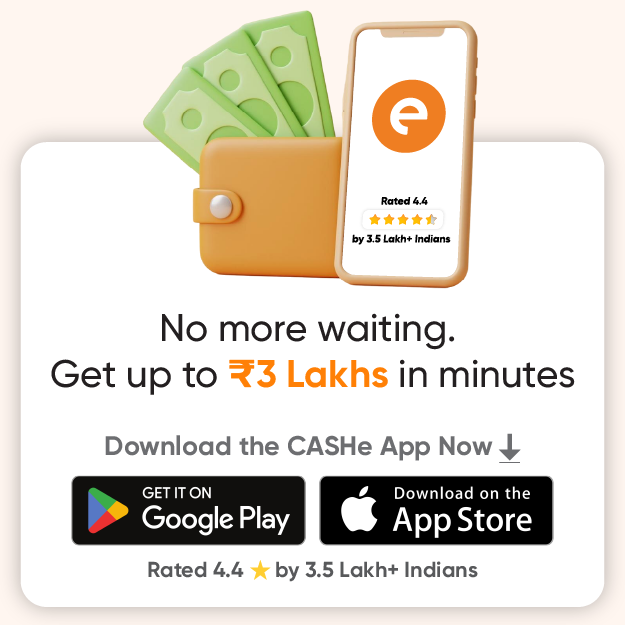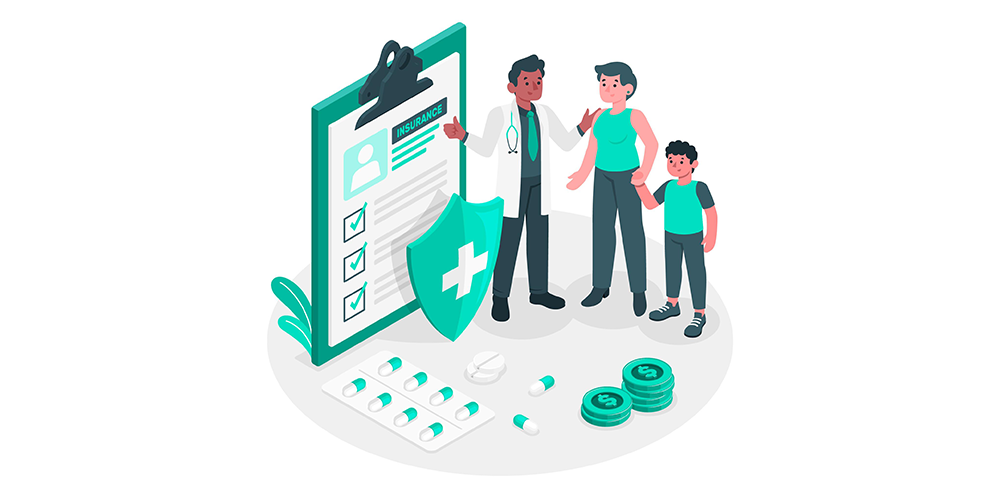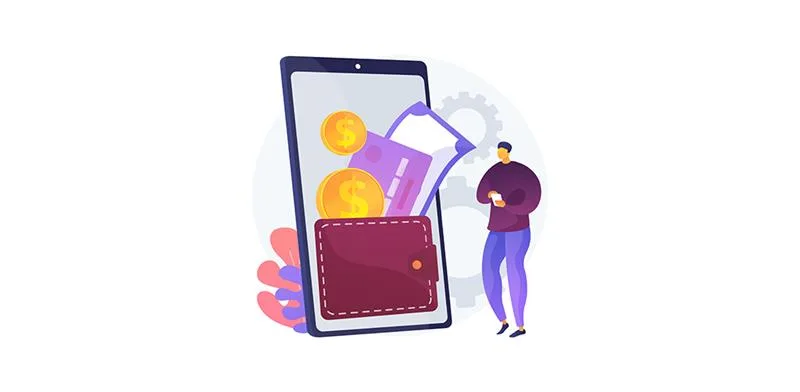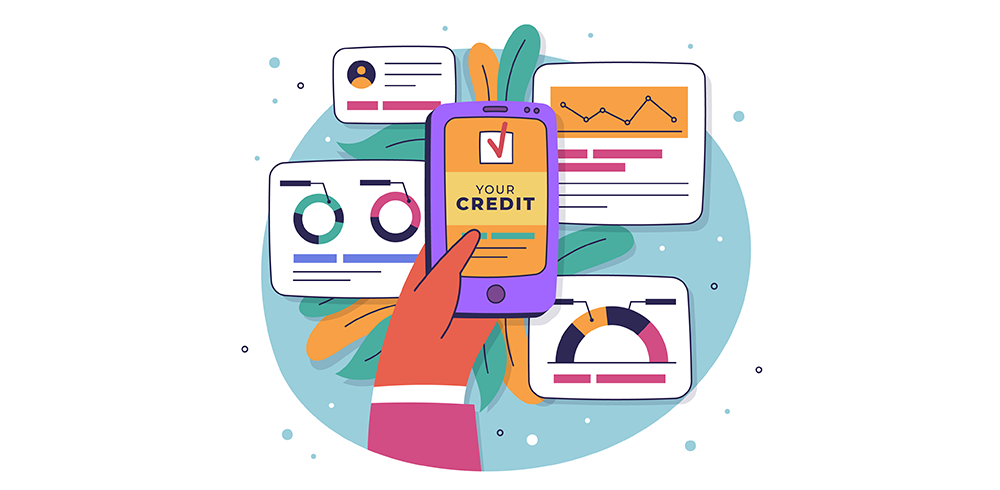Introduction
It is wise to save money for hefty expenses or make huge purchases, but it might not always be possible. In that case, you may borrow some money through the various instruments available in the market.
Let’s understand the difference between personal loans and personal Pre-Approved CASHe Limits, to make informed borrowing decisions.
Personal loan
Personal loans are a type of loans where you do not have to reserve an asset as collateral and hence they fall under unsecured loans. When the lender approves your loan application, the lump sum loan amount is credited to your account. Personal loans are usually taken out for one-time expenses like weddings, vacations, home renovations and consolidating other debt. You can easily avail of personal loans through banks, online lenders and other financial institutions.
The interest rates of these personal loans are decided based on your income, credit scores and credit report etc and are usually high due to no collateral.
When you apply for a personal loan, the lender pulls up your credit report to determine your creditworthiness. This is called a credit check. On the flip side, having multiple credit checks can negatively impact your credit score.
Pros
- Lump sum: Personal loans provide a lump sum amount all at once, eliminating the need to fret over being close to your credit limit. This lump sum amount is readily available to meet your financial needs.
- Fixed interest: Since personal loans have fixed interest rates, you don’t have to fret about accruing interest on your balance, unlike credit cards.
- No collateral requirement: Personal loans are unsecured loans and hence do not require any collateral. All you need is a good credit score and credit history to show you’re financially responsible.
Cons
- Loan fees and penalties: Personal loans come with a few additional fees like origination fees, application fees and prepayment fees. In case you miss a payment, you will be charged a penalty.
- Higher interest rates: Since no collateral is reserved, the interest rates on personal loans are quite high.
- Stricter eligibility requirements: Personal loans are unsecured loans, lenders have tough eligibility criteria which can be tough to crack. If the lender finds anything sketchy in your credit report, you may have a rejected stamp on your loan application.
Personal Pre-Approved CASHe Limit
A personal Pre-Approved CASHe Limit is a type of revolving line of credit. When you apply for a personal Pre-Approved CASHe Limit you’re given access to a certain amount of money which can be borrowed within a specific period. When using a personal Pre-Approved CASHe Limit, you have to pay interest only on the amount you use.
For example: Let’s say you have a personal Pre-Approved CASHe Limit of Rs 50,000 and you use Rs 10,000 of that amount. Then you will have to pay interest only on that Rs 10,000 you borrowed instead of the whole loan amount.
Once you pay back the principal amount with interest, your available credit will go back to Rs 50,000.
Pros
- Interest charged only on the amount borrowed: When you’re using a personal Pre-Approved CASHe Limit, you only have to pay interest on the amount you borrow instead of the entire loan, unlike personal loans towards which you pay fixed EMIs regardless of whether you’re using the amount or not.
- Revolving credit: When you pay off the borrowed amount, the whole loan amount becomes accessible to draw from again within the loan’s term.
- Consolidate high-interest debt: You can use a personal line of credit for paying off other debts such as car loans, student loans etc which have lower interest rates than your Pre-Approved CASHe Limit.
Cons
- High-interest rates: Due to the absence of collateral, unsecured personal Pre-Approved CASHe Limits have variable interest rates that are greater than personal loans & secured Pre-Approved CASHe Limits like HELOCs.
- Additional fees: Lenders providing personal Pre-Approved CASHe Limits also charge additional fees like maintenance fees, origination fees and other charges.
- Eligibility criteria: Because the personal line of credit is unsecured and is provided based on your credit score, a whopping credit score of 700 & above is required to qualify.










